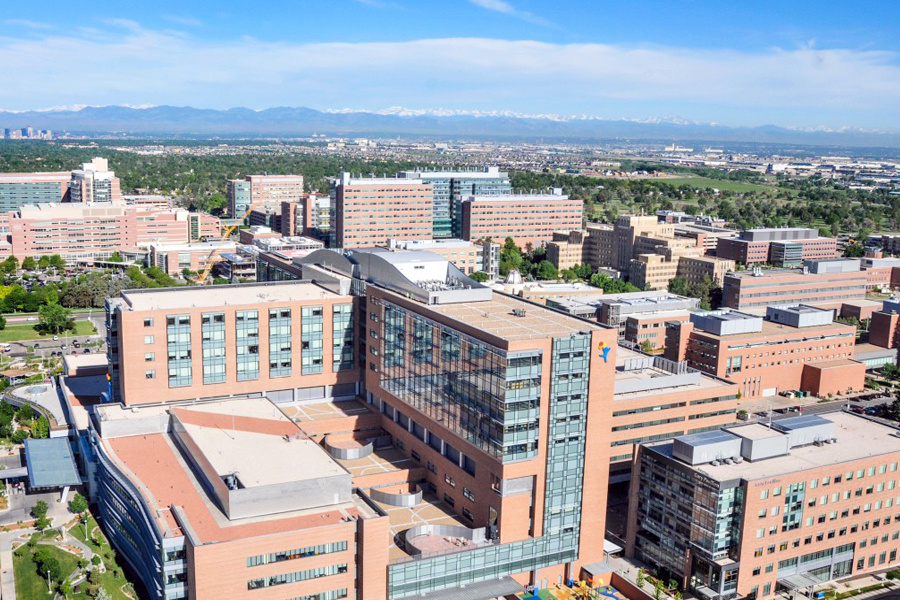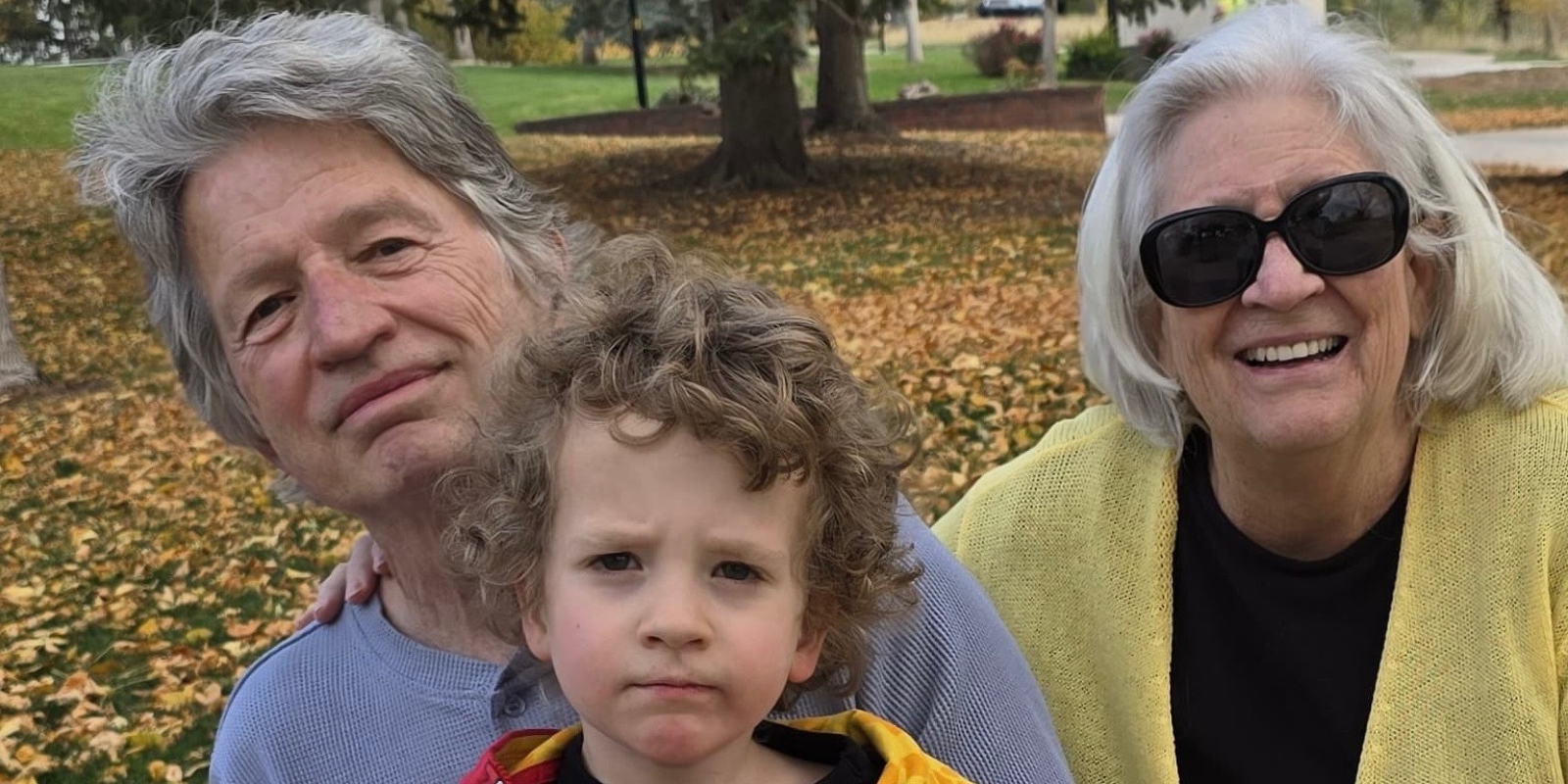How does it feel to be selected as a Young Urologist of the Year by the American Urological Association?
It feels really good. Sometimes it seems that to get awards, you have to have grants and be a big researcher, run a lab, or train with certain people. I’m a general urologist, but I’m also a life coach. In my application for the award, I wrote about the life coaching I offer to residents to help aid with burnout. I wrote about my experience as a female urologist, how I went into life coaching, and how I’m using that to help residents create a new mindset around their work and living the life they want. The time to be happy is now.
Was burnout something you experienced as a resident, or something you noticed that current residents were experiencing, or both?
Both. I struggled with negative self-talk during residency, and by the time I graduated, all I ever did was yell at myself. My first two years in practice, I really struggled with this concept of having to prove I was worthy. Every day was trying to prove how worthy I was. I came in before all my partners did; I stayed later than my partners did; I did more surgeries than my partners did. Then my personal life totally fell apart. I hit rock bottom, and I fell into life coaching through the School of Medicine. Life coaching was not only something I was doing for others, but training to be a life coach helped me so much personally.
What are you doing with life coaching now? Why is it so important to you?
So many of the struggles that I felt during residency I see in other residents, and I wanted them to have an outlet and someone they can talk to. I offer free life coaching to residents at the CU School of Medicine and at Denver Health. I also met two other life coaches here in Colorado who are internal medicine physicians. They created a platform called Better Together Physician Coaching. Together, we launched an online group coaching program that we made available to female residents at CU, and then we took it national. And we studied it. We did a randomized control trial and looked at burnout before and after the intervention, compared to residents that didn't have an intervention. There was a huge reduction in burnout for those that did the coaching.
What are some of the most common issues you see in your coaching sessions?
The big issue is this thought of “I am not enough.” That’s a huge one. Another one is feedback — getting harsh feedback and how that means something about you that may or may not be true. Also work-life balance. A lot of the women I coach are moms, and they feel a lot of pressure to be a great mom and a great resident. It’s hard to do both.
Why was it important to you to focus on female residents?
We started with females because there are some common themes among female physicians. In academic medicine, women comprise 50% of the academic medicine pool, but only 18% of leaders and chairs are female. There’s some sort of glass ceiling that we have trouble overcoming. We wanted to use coaching to empower females and work to change the system.
We have extended our programming to males, and I coach a lot of male residents, but for the randomized control study, we just looked at females.
What was it that drew you to the field of medicine in the first place? Why did you decide to go to medical school?
When I was in high school, that’s when the Human Genome Project finished. My senior year in high school, I did a lot of work studying that, and I was fascinated by it. That was my first jump into wanting to study medicine and science. As an undergrad. I did a lot of work with a PhD, but I really love talking to people. One of my identities is that I’m a healer. I’m really compassionate, and I feel this empathy for people, so that’s why I wanted to go into medicine.
Did you did you come in wanting to do urology? Or is that something you happened upon later?
I had no idea what urology was when I first started medical school, but when I did a urology rotation as a medical student, it was the first time I felt like I belonged. The surgeons made me feel like part of the team. They invited me in. I never felt like I was bothering them, and they taught me a lot.
When you went into urology, was it apparent that a much smaller percentage of urologists are women?
Oh, yeah. That was completely apparent. Where I went to medical school, there were no female faculty. It was all men. When I started in urology in 2009, there were only 5% women in the field. Now there’s 10%. It was not uncommon for me to be the only female in my interview cohorts back in 2009, and when I trained, I had one female faculty member out of 13. I’ve always felt like I belonged, but as I’ve moved up in the subspecialty, I do recognize at times that, “Oh, I’m the only girl here.” Starting a family was always something that was really hard to talk about, because if you’re out having a baby, other people are covering for you. In residency, it was like, “No one gets pregnant,” because you’re hurting your co-residents.
Do you have a surgical specialty?
I specialize in laser prostate surgery. I help men with really large prostates pee normally by taking out prostate through their urethra. It’s a same-day surgery, minimal blood loss. They have a catheter for a day or less. I make a big impact on these men, because 60% of 60-year-olds have urinary symptoms. I get a lot of satisfaction out of helping people do this daily function that we all do and don’t think about it. There’s a 98% satisfaction rate, so that makes me feel good.





